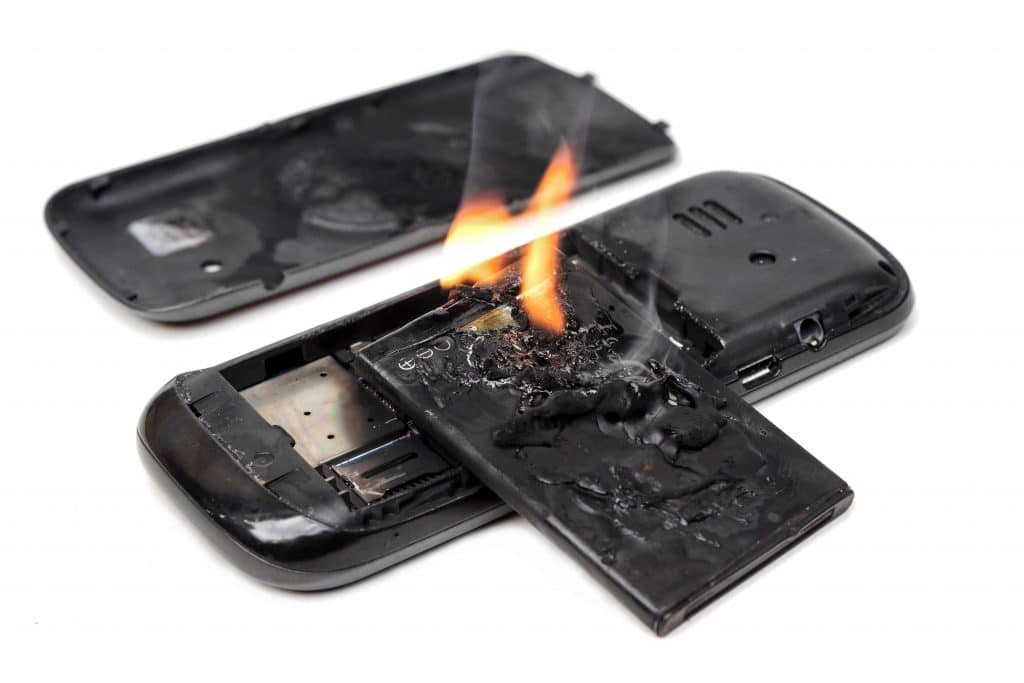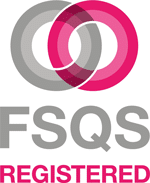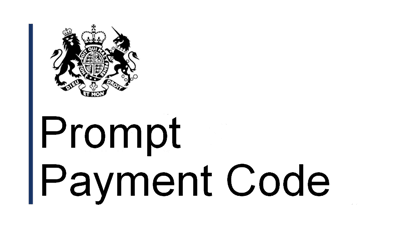What is the GPSR?
On 23rd May 2023, the European Parliament and Council published the new General Product Safety Regulation ((EU) 2023/988) (GPSR), replacing the previous General Product Safety Directive (2001/95/EC) (GPSD). As this is now a regulation as opposed to a directive, it will be directly applicable to all members states, with little room for national adjustments. Although the Regulation will not apply until 13th December 2024, businesses are encouraged to familiarise themselves with its requirements and start preparing now.
The Regulation lays down the requirement that consumer products must be safe and that Member States’ Market Surveillance Authorities (MSA) must take action against dangerous products. Under the general safety requirement laid down in the Regulation, economic operators are obliged to place only safe products on the market.
What’s Changed?
There are a number of significant changes from the GPSD including:
- The need to have a responsible economic operator in the EU accountable for any matters relating to the product
- More references to online marketplaces
- The need to perform a product safety risk assessment
- The need to have a process for receiving and investigating complaints
- The need to report product-related accidents to the EU’s Safety Gate portal
- Clarification that second-hand products are also covered by the regulation
- Many aspects relating to product recall discussed below
The regulation also repeals and replaces the EU’s Food Imitation Safety Directive (87/357/EEC).
This article will focus on the specific changes that affect the way a company may go about managing a product recall.
Implications Relating to Product Recall
Online Selling
The Regulation makes many more references to online marketplaces and clarifies that the requirements on them is the same as for traditional selling methods. For example, it says that in the event of a recall both online and traditional selling manufacturers must inform both the consumers and the MSA of a recall.
Direct Consumer Contact
There is significant additional content now included about the need to make contact with consumers, especially when the contact details of those consumers are known, e.g., from direct online sales. The Regulation specifically states that when this information is held it must be used to make contact with the consumers.
It recognises that direct contact with consumers is the most effective method to increase their awareness of recalls and so also encourages the use of customer loyalty programmes and product registration systems. If consumer contact details are not available, then public-facing communication must be adopted.
Product Identification
The GPSR also identifies the importance of product identification to improve the effectiveness of a product recall and states that this must be provided. It suggests this could be provided in the form of product type, batch, serial number or other distinguishing information. As part of the product traceability activity, the Regulation encourages manufacturers to consider what other products (e.g. using same materials/components, same process, etc.) could also be impacted. It requires this information to then be communicated to the MSA.
Recall Notice
The Regulation requires recall notices to be clear, transparent and clearly describe the risk at stake, avoiding any terms, expressions or other elements that may decrease consumers’ perception of the risk (e.g. ‘abundance of caution’). Furthermore, it states that consumers must be able to get more information about the matter through a toll-free telephone number or other interactive option.
Remedial Action
With the GPSR, it mentions the different remedial options that could be provided to consumers, and requires them to be given a choice of at least 2 of the following:
- Repair of the product
- Replacement with a product of the same type and at least the same value and quality
- An ‘adequate’ refund at least equal to the price paid for the recalled product.
The repair of a product by the consumer should only be considered as a possible remedy if it can be carried out easily and safely by the consumer. They should not be obliged to carry out a repair that puts them at risk.
EU Safety Gate
The GPSR includes detail on the EU’s Safety Gate (formerly RAPEX), which includes a web portal to enable businesses to comply with their obligation to inform authorities and consumers of dangerous products and accidents (known as ‘Safety Business Gateway’).
Disposal of Products
The Regulation also recognises the environmental impact from a recall and so requires information provided to consumers to include disposal instructions, as appropriate. It says that the disposal of waste products after a product recall must be made in compliance with the sustainable and environmental objectives established by EU and national legislation.
Conclusions
The GPSR lays down into EU law some of the key aspects for a successful product recall. These are already considered to be best practice and are areas that RQA have been advising clients on for many years. However, the Regulation now makes these mandatory in order to try to improve the effectiveness of recalls.
If you would like assistance in ensuring your products are compliant or, as per the new requirement, would like a product safety risk assessment carried out, get in touch on [email protected]
We can also assist you in preparing for, managing and recovering from product recalls, for more information on this go here.
You will find more details on the GPSR and the wider implications beyond product recall here


